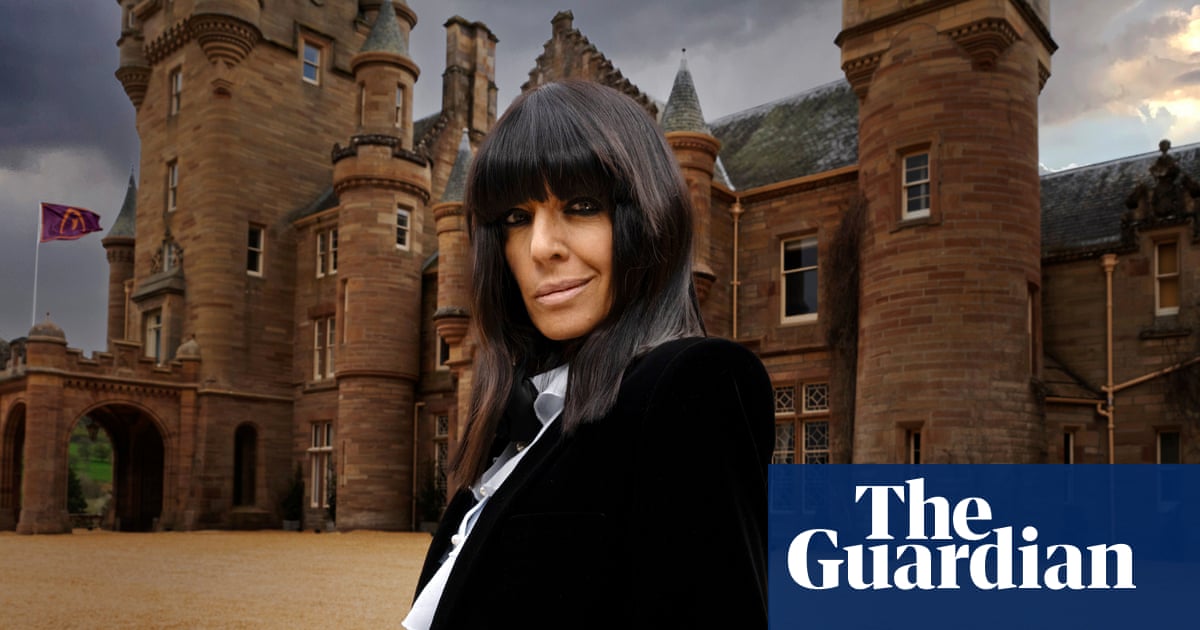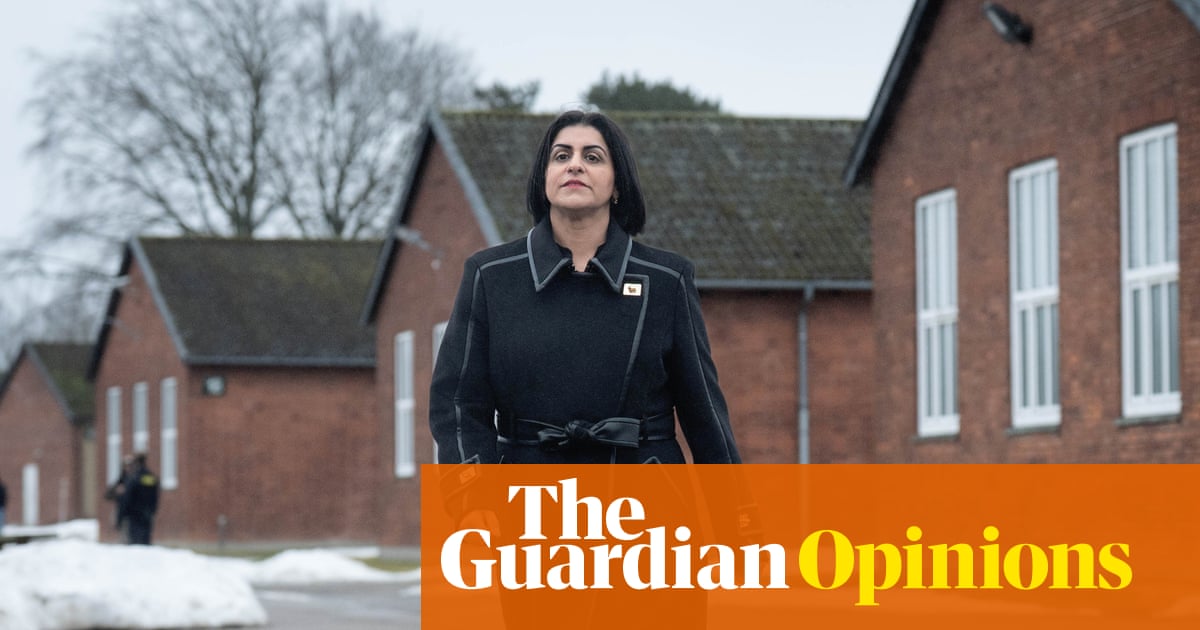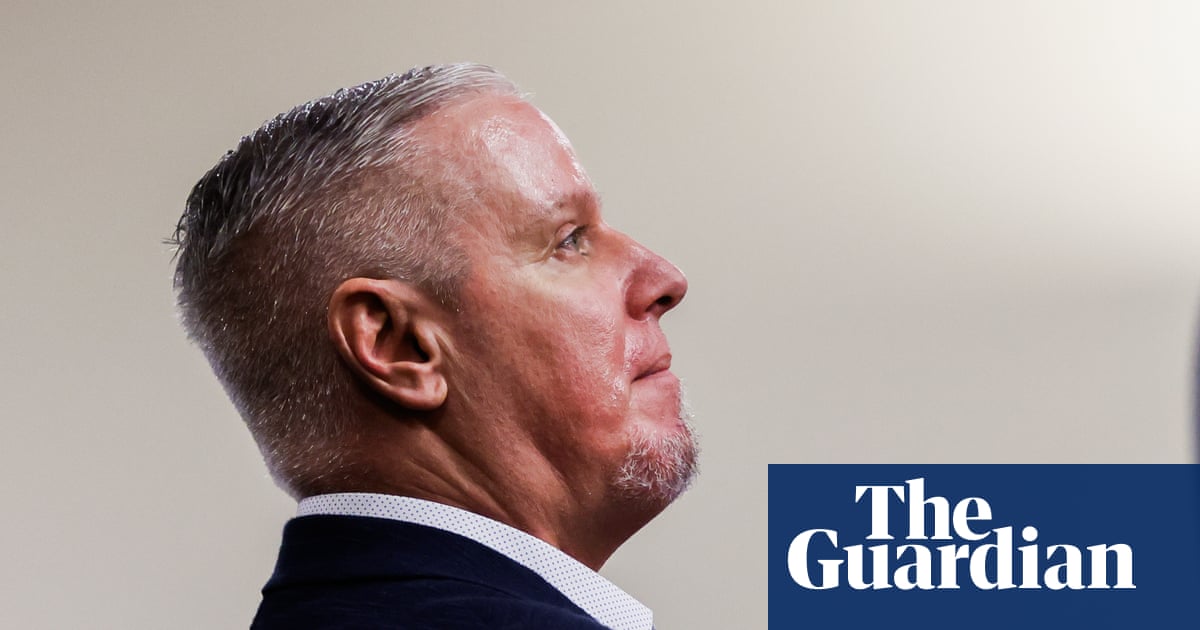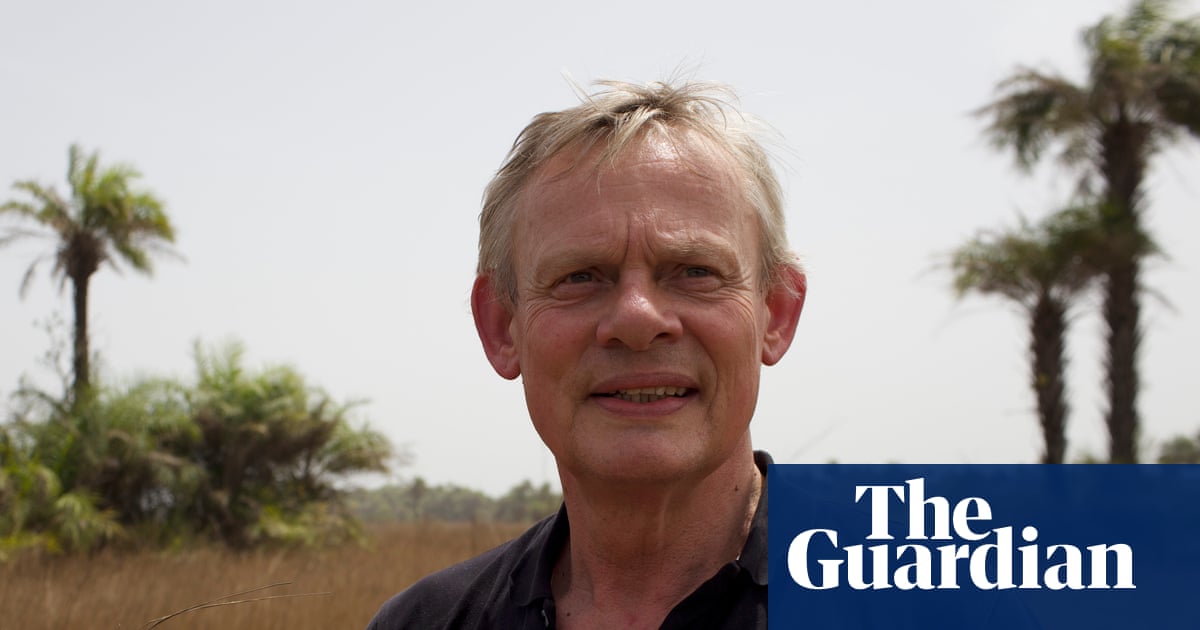Predator: Badlands is the kind of movie that offers hope Hollywood has finally moved on from the bad old days of crossover cinema. Batman v Superman, Godzilla vs Kong, and the Alien vs Predator movies all imagined that the only thing you had to do to get bums on multiplex seats was to pair up two logos with recognisable silhouettes and watch the greenbacks roll in.
This new film, though, manages the rare feat of cross-pollinating between two decades-old sci-fi sagas, and somehow adding depth and emotional texture to both. Predator suddenly feels like a space where we discover that even within a society of ritualised trophy violence and hereditary warrior pride, there’s room to rebel. Alien is reimagined as a universe in which synthetic beings aren’t just sinister corporate automata, reprogrammed dolts or soft-voiced laboratory philosophers, but something more familiar: entities who can malfunction in ways that look suspiciously like a soul attempting to coalesce in the digital ether.
What emerges is a surprisingly expansive film about rejecting the story you were handed, whether it was coded into your circuitry or screamed at you across generations. A runt Predator decides he will not be his father’s disappointment, a damaged android quietly refuses to spend her remaining operational hours as an obedient instrument of dead-eyed destruction. A monster deciding to hunt is not the point. The result is that rare thing, a franchise film that widens the frame. Here’s how it does it.
The mask slips on Yautja Prime
Badlands introduces Dek, a young warrior from an exiled clan. Marked for death by his own father as a runt who will only damage the bloodline, he sets out to redeem himself by hunting and killing the near-legendary Kalisk, an invulnerable monster that is also the apex predator of the dangerously lethal world of Genna.
From its opening scene, in which Dek has to watch as his dad decapitates the young Yautja’s brother for allowing him to flee, it’s clear that this is no longer simply the unyielding warrior cult seen in previous films; Predator society is brittle, status-obsessed and terrified of weakness. And, as we find out, it can be rebelled against just as easily as humankind’s.
The synthetic who learned to choose
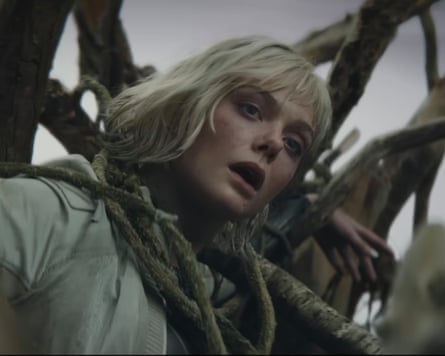
Soon the film introduces Thia, one of two near-identical Weyland-Yutani androids, played by Elle Fanning. She and her team are on Genna because the Kalisk’s regenerative biology is exactly the sort of weaponisable miracle tissue the corporation believes it can stabilise, study and make cold hard cash from. (Clearly Weyland-Yutani is still meddling in biology it doesn’t understand, centuries after the Ripley-era Alien films and TV show.)
Despite initially deceiving Dek so she can be reunited with her mission, her team and, crucially, her severed lower half, Thia is soon doing something no corporate-owned synthetic is supposed to do: acting with apparent humanity. She prioritises Dek’s life over the company’s aims and turns against her own “sister”, cold-eyed twin android Tessa.
This is hardly the first time we’ve seen a good-hearted synth in the Alien saga. But unlike, say, David Jonsson’s Andy in Alien: Romulus or Lance Henriksen’s Bishop in Aliens, Thia hasn’t been programmed to act with a conscience. So what’s going on here? Is director Dan Trachtenberg suggesting that the very process of breaking down has handed her a moral code? Does it tell us something intriguing about artificial intelligence? Or is it simply the creeping Disneyfication of Alien, where even your corporate murder-droids are contractually obliged to have a warm emotional centre and a hug-arc?
The Kalisk is not the monster
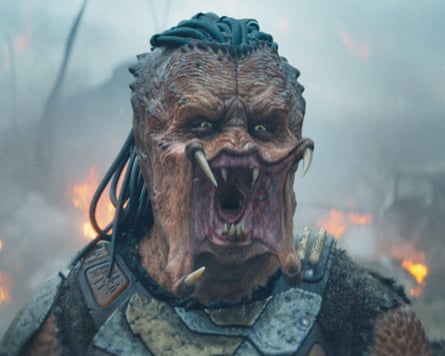
Badlands sets up Genna’s ‘big bad’ as something terrible, a monster so unstoppable that bringing home its head represents Dek’s last chance to prove his worth to Yautja society. But the film’s key reveal is not that the creature can regenerate; it’s that it can care. The Kalisk doesn’t stalk, taunt or toy with prey. It doesn’t have a corporate aesthetic and it isn’t really hunting anyone. Instead, its prime instinct is to protect. The moment the enormous creature pauses, registers the scent of its child on Dek and chooses not to kill him is the moment the film quietly flips its own narrative arc into reverse. Our hero hasn’t been chasing a monster; he has been harassing a parent. Yautja society appears to teach that strength and honour can only be proved by capturing or killing those weaker than oneself. But the toughest creature it has ever come across is only interested in love.
Genna is not Pandora

It’s easy to see why some critics have looked at the Kalisk’s homeworld – with its intricate predator-prey hierarchies and flora that behaves like a planetary self-defence system – and made comparisons with Avatar. But there is nothing wise and mystical about this relentless and indifferent kill-or-be-killed biome. Genna isn’t teaching lessons or nurturing souls; it’s just trying to survive. If the Yautja are out to prove themselves as the universe’s greatest hunters, the planet is out to remind them that Genna barely noticed they arrived and has already begun the process of returning them to mulch. This is a closed loop where everything eats and is eaten in turn.
When Dek adapts his weapons to mimic the planet’s biology, it is a practical submission to a system that could not care less about him. It’s also the moment he begins to realise there are relationships other than the one between hunter and prey, leading to the film’s finale in which Dek arrives home with his new “family” to take revenge on his dad. Did you buy this sudden perspective shift or did it feel like the film is opportunistically looking up from the cosmic gore and machismo of the previous hour to say: “Actually, we have a message”?
A universe defined by the importance of free will

Much has been made of the potential for Badlands to spark a new shared Alien/Predator continuity, with Trachtenberg admitting in interviews to having been inspired by Marvel. And yet if the film offers a way for these universes to coexist, it’s by aligning their worldviews. Predator films have always centred on dominance, hierarchy and the blood-stained meritocracy of the “worthy” hunter. Alien, by contrast, has traditionally insisted that biology is fate: a creature does what it must, a company does what it will, and everyone else gets crunched. Badlands destabilises all of this. It suggests that a trophy-beast can be a parent, a synthetic can be disobedient and a born-and-bred hunter can simply walk away.
By the end of the film, the Kalisk is someone’s mum, Dek has abandoned his entire civilisation and Thia fancies anything over the prospect of returning to corporate servitude. We are not defined by others – we decide our own identities, and that might just be a mantra worthy of cutting through all cultures, whether human, alien, android or gigantic, death-defying apex megafauna. Or maybe Trachtenberg just killed both Alien and Predator franchises by nonchalantly jumping the shark straight into the mythological glue that was holding both together. What do you think?

 3 months ago
108
3 months ago
108



